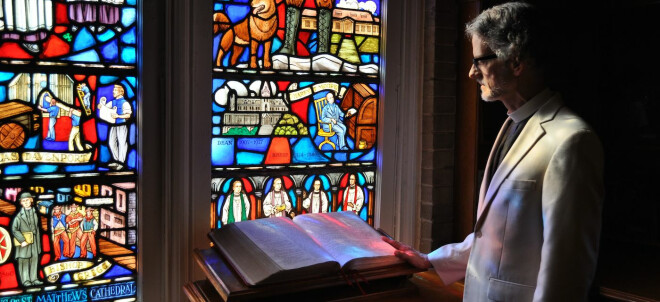Snapshots

My parents were still living in the home they bought when I was eight years old. There are pictures here and there, in little frames on random flat surfaces throughout the house. Many of them were taken by me on an old Minolta SLR.
One shows my son, about two years old, being held by my father. My wife, Susan, is standing there, along with both my grandmothers and several great aunts. They are outside a restaurant, lined up in the midday sun. I look at that black-and-white and think, “She has died . . . and she has, and she, and she . . . and now he” (my father).
There’s a color picture of my farming grandparents, both with sun-darkened skin, he with a hat. They aren’t smiling; people of their generation tended not to smile for pictures. I think this one came from the late 1960s. I think: I’m now close to the age they were in this picture. They look healthy, solid, as if they will last forever. But of course, today I can see them only in pictures.
Those images caught on a negative, transferred and enlarged into a print: they seem to point to something real and permanent. In this they lie. A snapshot in time is stolen from time. It captures something that was not there to be captured.
We all know this, know that every day there is a little bit of aging going on, that change is continuous, that the flow of time is relentless. Snapshots seem to catch something that cannot be caught. Before the image on the paper dries, that which it is an image of has already changed.
---
Why is this so hard to grasp? I know that I was once smaller than that son of mine in my father’s arms. I needed care throughout the day, every day, as human offspring do. And I know that, quite likely, I will need care sometime in the future, care given throughout the day, every day, as old humans typically do.
But what I want to think is that I as I am now, the man in the middle, the man who can walk and write and talk and travel: this man is the real me. The child wasn’t yet me, not fully, I like to think. And the old man who is not yet, the one who won’t be able to take care of himself, I want to think that he won’t be really me, either.
I want to think that the self-sufficient man, the man, as we say, in his prime—that man is the real me.
---
It is hard to grasp, but in truth the real me is all of these. The little embryo, smaller than my thumbnail: he’s me. The baby in diapers: me. The boy in school, the husband, the father, the priest, the Ph.D., the widower: all me. But also, should it transpire in this way: the man with the cane, the slobbering guy at the table, the weakened body who cannot get himself out of bed, the one who is confused and doesn’t know why he is where he is: that’s me too.
The real me is all of these, because the real me is not a snapshot out of time, but a character with a narrative. I have a story, and it’s me in that story from beginning to end.
---
In his book Last Testament, pope emeritus Benedict XVI says he was blessed to be able to accompany both his parents as they came to their deaths. He uses the verb “accompany.” This is important, and it needs to be added to what I’ve said above. I have been accompanied through my life, by parents, by friends, by professionals, by children. The someday-finished story of me, please God, will not be the story of one who is unaccompanied.
---
I want to think more about accompanying people as they come to death. My father made it easy for us. He spoke frankly that he was dying of cancer, and that he was grateful for his life, and that he looked forward to seeing Jesus. He did not deny he was dying, nor did he try to hasten the process. He let it come, and he let us come along with him.
It seems that part of accompanying is being able to speak truths like this, not welcoming death but neither denying it. There is also a focus, in accompanying, on the things that are most important. My father lost interest in politics at the end. I heard him say to a telemarketer: “Sir, I’m dying, and I don’t care about that any more.” The TV was off more than it was on. He liked prayers, and Bible verses. He liked hugs.
In the midst of all this, a friend sent me a message of her father, who is also dying. He had been recently visited by an old theologian-friend, who chose to read to him. What did he read? Augustine’s Confessions.
That’s a picture of weakness and accompaniment. Thinking about it, I picked up my father’s King James’ Bible and started reading to him the Psalms. Blessed is the man that walketh not in the counsel of the ungodly . . . his delight is in the law of the LORD . . . he shall be like a tree planted by the rivers of water.
And my question is, was I accompanying my father, or was he accompanying me?

